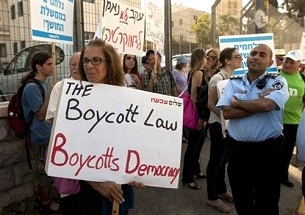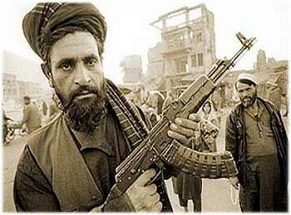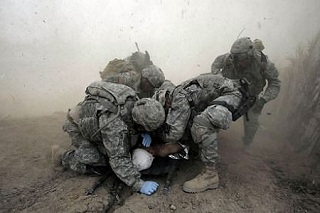Greece and the Euro: A Time of Financial Implosion

The Parthenon is regarded as an enduring symbol of Ancient Greece and of
Athenian democracy. Modern Greece now is being destroyed by fascist EU.
Refusing to accept the obvious, i.e. an orderly default, would please Greece's banking creditors but will badly hurt its economy, its workers and its citizens.
On the 4th of July, the credit agency Standard & Poor’s called the country of Greece for what it is, i.e. a country in de facto financial bankruptcy.
No slight of hand, no obfuscation, no debt reorganization and no “innovative” bailouts can hide the fact that the defective rules of the 17-member Eurozone have allowed some of its members to succumb to the siren calls of excessive and unproductive indebtedness, to be followed by a default on debt payments accompanied by crushingly higher borrowing costs.
Greece (11 million inhabitants), in fact, has abused the credibility that came with its membership in the Eurozone. In 2004, for instance, the Greek Government embarked upon a massive spending spree to host the 2004 Summer Olympic Games, which cost 7 billion euros ($12.08 billion). Then, from 2005 to 2008, the same government decided to go on a spending spree, this time purchasing all types of armaments that it hardly needed from foreign suppliers. —Piling up a gross foreign debt to the tune of $533 billion (2010) seemed the easy way out. But sooner or later, the piper has to be paid and the debt burden cannot be hidden anymore.




























